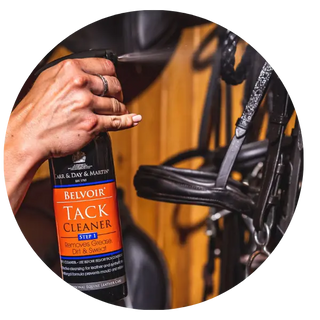
Everything I've tried hasn't worked!
It can be exhausting trying to get our horses to lose weight.
With a high population of native pony breeds, cob types and draught types in the UK, we have a nation of leisure horses and ponies who naturally thrive on very little food. We're also a nation of animal lovers, so it pulls on our heartstrings to see them "going hungry". They sure know how to play on this too! But we need to remember that carrying excess weight can lead to our horses being at higher risk of developing certain conditions such as laminitis, Equine Metabolic Syndome (EMS), arthritis and a number of other chronic health conditions which will cause them pain and deduct from their quality of life. Keeping our horses at a healthy weight is really important.
Sticking to an effective plan to manage our horse's weight can be frustrating as it takes time to see results. Don't we all have enough to do? But you need to stick to a strict plan to make a difference. We appreciate every situation is different for all horses and horse owners, so not all weight loss advice is feasible or helpful. There are a number of options to try if you keep open-minded and get creative.








